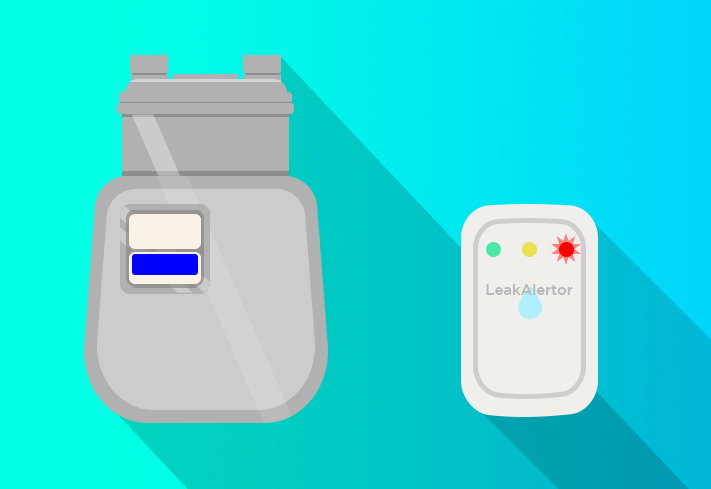
For most of us, it’s no surprise to open up the envelope delivering the monthly water bill and notice slight, constant variations. Just like water, the total price at the bottom of the page rises and falls, depending on the season, our water usage, and changes within the water utility. The seasons, of course, are inevitable, and we’ve personally led many discussions regarding how to maintain and understand the second, water usage. In this article, however, we dive into the third category, and perhaps the most mysterious, “What decisions does your water utility make, and how can they impact you?”
The most common decision that a water utility makes in today’s world is choosing to invest in higher technology to monitor your water, known as smart meters.
Often, smart meters are accused of being perpetrators – a part of what seems like the water company’s elaborate scheme to make you empty your pockets more than necessary. We have read news articles that appear far too frequently about neighborhoods of people who believe in the fault of their water utility when it comes to a surprisingly high monthly water bill. And more often than not, residents find that the real issue isn’t faulty new software implementations.
It’s miscommunication.
Smart meters propose greater efficiency for water utilities; they measure the flow of water at miniscule increments, recording a hundred times smaller than the units of analog meters and also greatly simplifying collection of data. However, a higher-tech meter can be beneficial to residents too! Essentially, it eliminates the potential room for error when it comes to human meter-readers and analog malfunction – which in theory should actually minimize how many surprises you periodically receive due to ridiculous spikes in your water bill. As we mentioned, though, that isn’t always the case in the smart meter stories.
While making new improvements, the water utility has a responsibility to make sure the message is relayed – resembling a “heads-up” – and keep residents informed of price fluctuations that may be coming their way in the next bill. Usually, these notices are sent out in the weeks preceding new meter implementations, and sometimes, they can understandably get lost in the pile of mail or daily chaos. Regardless, if you as a resident are unaware of your utility’s shift to a smart meter measuring your water usage, there’s a chance that your next water bill may surprise you.
Why is that? In a nutshell, smaller units of measurement and higher accuracy result in higher water bills. Over a month’s time, every drop truly can add up to an unexpected amount. On top of that, the shift would most likely occur during warmer, dryer months for efficiency purposes – which is often when your water usage is coincidentally at its highest anyway.
In some less common cases, like in Canyon, Texas, conversion periods can also result in unbalanced monthly payments – with the one month totaling a surprisingly high price to compensate for the previous month which only charged for a part of your water usage. That hitch in routine, despite costing the same amount as it would have normally, can still cause financial burden if not communicated properly prior to the change.
So now that we understand smart meters and the logic behind their possible role in higher water bills, where does that leave us? Well, it all goes back again to what we can control: our water usage. The real question you should ask is this:
If your water utility is using a higher-end technology to monitor your water use, then why shouldn’t you? Visit leakalertor.com to learn more about the LeakAlertor 6000® and how it closely watches your water – but is on your side.
